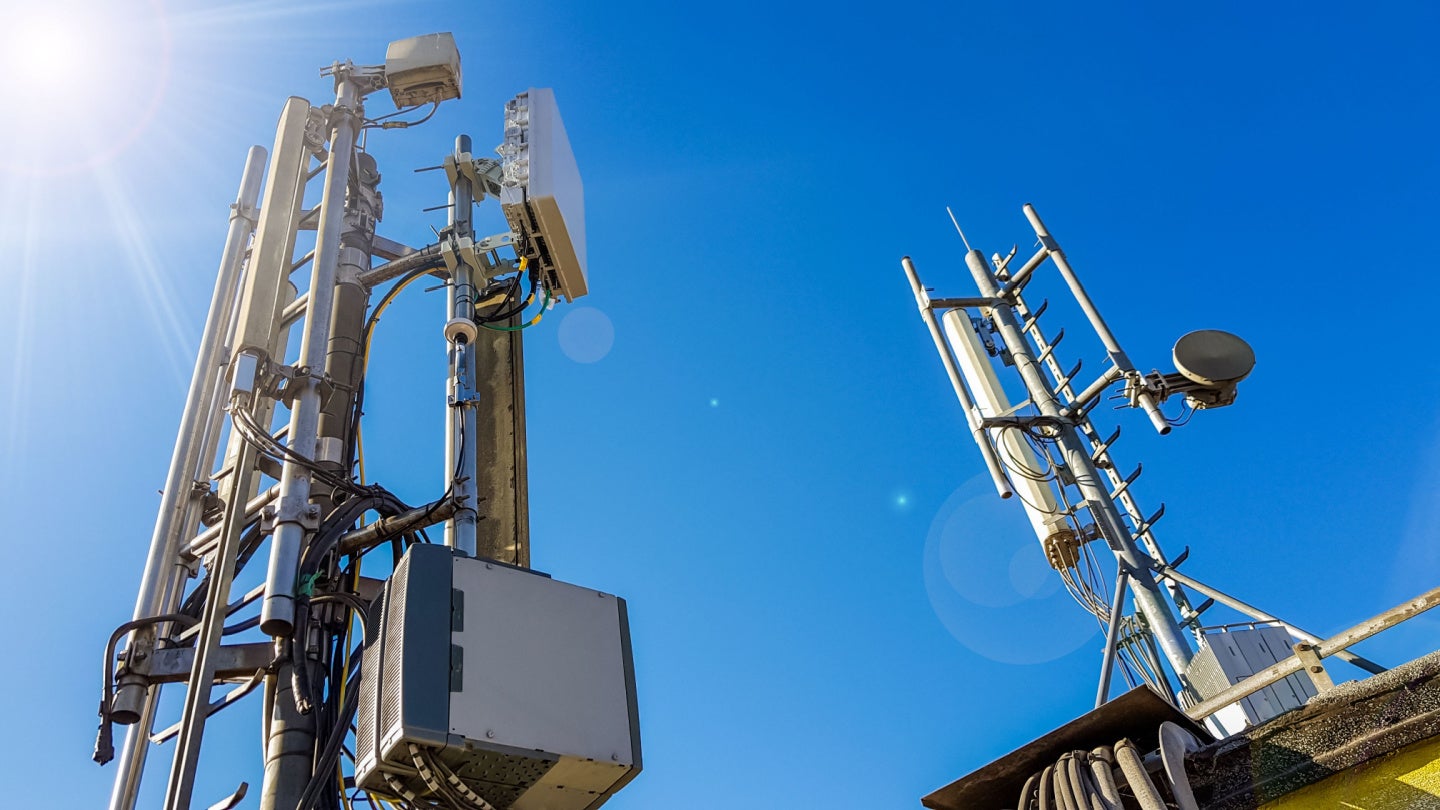Global 5G rollout is expected to account for over half (51%) of mobile connections by 2029, according to a report by mobile operator lobby group the GSMA.
If the GSMA’s prediction is correct, 5G will become the dominant connectivity technology for mobile devices worldwide.
5G has already experienced tremendous growth, growing from one billion connections at the end of 2022 to 1.6 billion in 2023.
Data from the GSMA shows that businesses have outpaced consumer 5G growth in IoT. Consumer connectivity accounted for 10.5 billion IoT connections in 2023, while enterprises amassed over 10.7 billion IoT connections.
The GSMA forecasts this growth to continue, driven by the rise of smart buildings and smart manufacturing. By 2030, enterprise connections could more than double to 38.5 billion.
The steady uptake of generative AI by businesses was also noted within the GSMA’s report.
Access the most comprehensive Company Profiles
on the market, powered by GlobalData. Save hours of research. Gain competitive edge.

Company Profile – free
sample
Thank you!
Your download email will arrive shortly
We are confident about the
unique
quality of our Company Profiles. However, we want you to make the most
beneficial
decision for your business, so we offer a free sample that you can download by
submitting the below form
By GlobalData
Around 56% of mobile operators reported to the GSMA that they were experimenting with implementing the technology.
Generative AI chatbots and the rise of AI generated content were named as major catalysts for 5G growth by the GSMA in its report.
The head of GSMI Intelligence, Peter Jarich, said that the findings reflected a growing number of use cases for 5G technology beyond enhanced mobile broadband and its traffic requirements.
“Opportunities are now appearing in areas including API monetisation and 5G RedCap for enterprise IoT – all supported by 5G-Advanced and 5G SA networks,” he said.
“5G SA brings home 5G’s early promise, particularly where slicing, low-latency and massive IoT capabilities tied to enterprise service needs can be met. 5G-Advanced will only extend that further,” Jarich stated.
This post was originally published on the 3rd party mentioned in the title ofthis site






